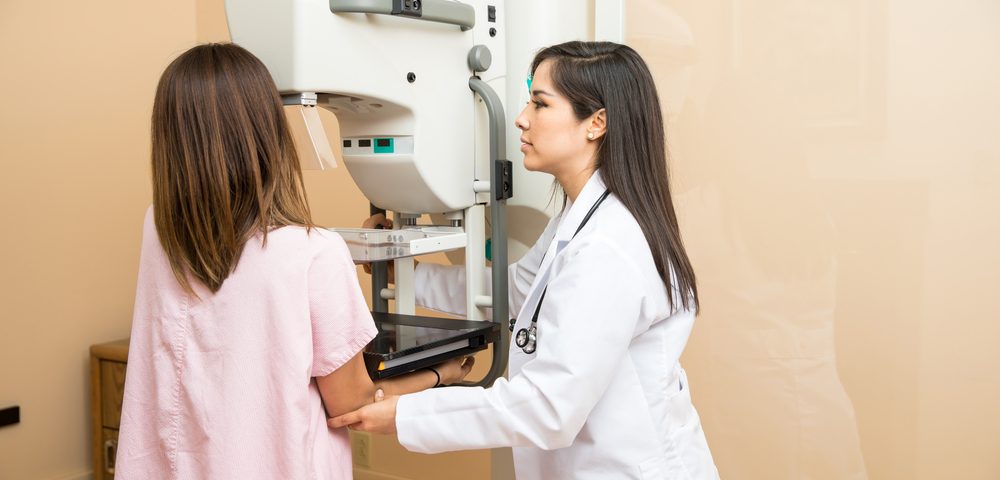Susan G. Komen, the Inflammatory Breast Cancer (IBC) Research Foundation, and the Milburn Foundation have joined to raise more than $850,000 for research targeting innovative diagnostic tools and therapy options, and to address questions and challenges in inflammatory breast cancer.
Inflammatory breast cancer is a rare but aggressive form of locally advanced breast cancer, which mostly arises in the milk ducts. Unlike other breast cancers, the disease presents with redness and swelling of the breast, and progresses so fast that it’s often missed in routine mammography.
Other symptoms include tenderness, a retracted or inverted nipple, itchiness, swelling of underarm lymph nodes, or dimpling or thickening of the affected breast skin. Few patients feel a lump in this type of breast cancer.
In addition, clinical trials for new treatments often exclude patients with inflammatory breast cancer or combine outcomes with patients who don’t have this form of breast cancer, impeding understanding of the disease.
According to the American Cancer Society, inflammatory breast cancer accounts for roughly 1% to 5% of all breast cancers. About 30% of patients are diagnosed when the disease is already metastatic (has spread to distant regions of the body), and they tend to have a worse outcome than those with common types of breast cancer.
“In our 20 years of IBC research and patient advocacy, we have consistently stressed the need for better definition and diagnostic guidelines for IBC,” Ginny Mason, executive director of the IBC Research Foundation, said in a press release. “We are very pleased that this year’s impressive matching campaign will support continued collaborative work to resolve these long-standing issues, resulting in more timely diagnosis and hopefully saving lives that would have been stolen by IBC.”
In addition to the funding, the partnership also led to a focus group meeting of expert clinicians, scientists, and advocates who sought to pinpoint the most critical questions about the disease and its research. The patient-directed discussion identified several challenges, including how inflammatory breast cancer is defined both in the clinic and in research. A set of recommendations to address diagnosis will be presented next month at the San Antonio Breast Cancer Symposium.
“We know treatment options for IBC are lacking, and with few clinical trials focused solely on IBC, there have been few improvements in treatment,” said Paula Schneider, Susan G. Komen president and CEO. “We must continue to make IBC and metastatic breast cancer a research priority in order to help save the more than 42,000 lives lost each year in the U.S. to metastatic breast cancer. Partnerships like this help us make an even greater impact than we ever could alone.”
Earlier this year, IBC Research Foundation and Milburn matched donations to Komen up to $50,000 — by far surpassing their combined $250,000 fundraising goal — for inflammatory breast cancer research. Since 2016, the three organizations have collectively raised more than $2.44 million through gift-matching campaigns.
“By working hard together, this partnership has amplified the strengths of each organization to bring a potentially significant advancement in IBC to fruition,” said Bryon Davis, Milburn Foundation president and CEO. “Our collective work being presented at the San Antonio Breast Cancer Symposium is the first of multiple critical milestones aimed at changing the research landscape in IBC.”
For inflammatory breast cancer, treatment is usually chemotherapy followed by surgery and radiation. When the disease has spread to other parts of the body, it’s treated with chemotherapy, hormone therapy, and medications that target the growth-promoting protein HER2.

